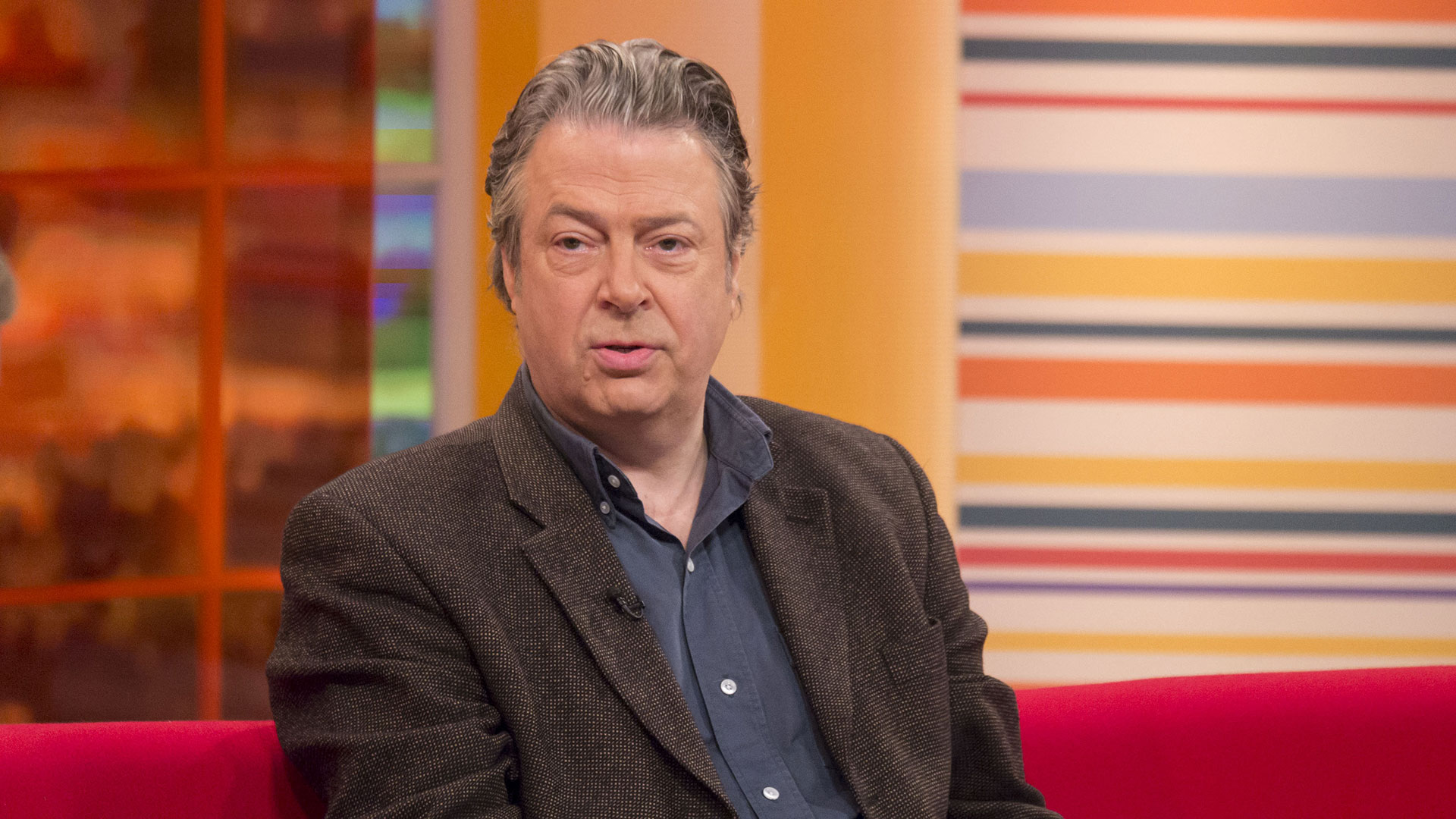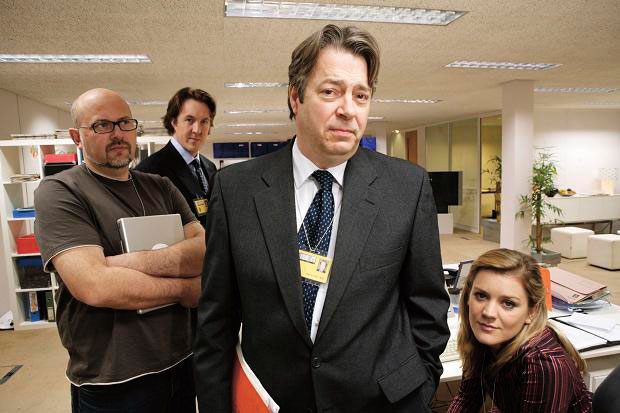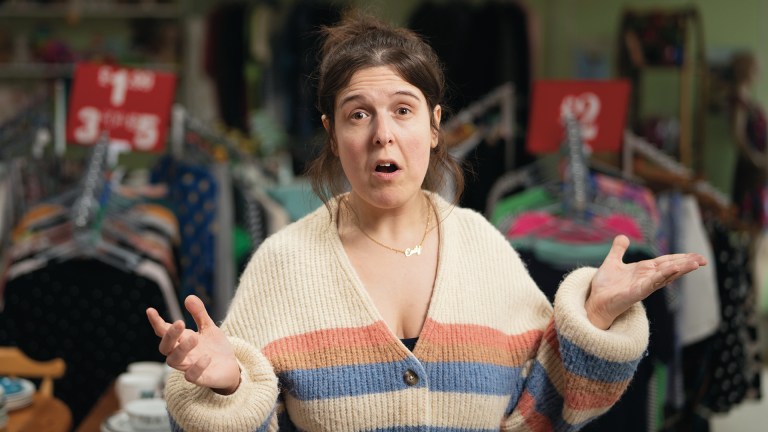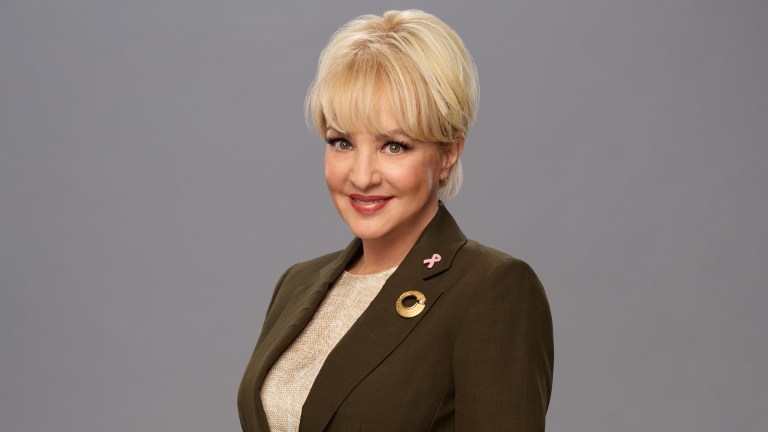When I turned 16 I was just becoming aware of politics and the wider world. There were all the disturbances in Europe in 1968 and marches against the Vietnam War, then in 1969 the Troubles in Ireland. It suddenly seemed like the world was quite a dangerous place. My father was a vicar so we moved around. I am a London mongrel, really.
I was happy at home but miserable going away to school. I went to a strange school that was like Eton for paupers – a charity boarding school called Christ Hospital. You couldn’t go if your parents earned a certain amount. My father was from quite a poor background, and my parents were education-obsessed, aspirational in the sense of education being the way to improve and get on. When the opportunity came to go to this school, it meant missing my last year of primary school – and I was no way bright enough to catch up. So I arrived at this school quite stupid, academically, and miserable because mine was a warm, loving family. School felt brutal and scary.
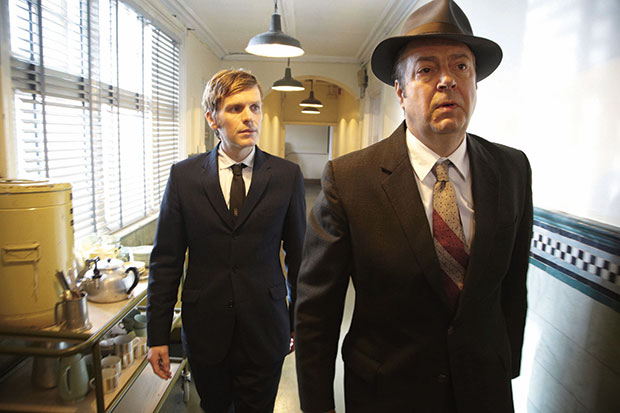
At 16 I discovered the theatre during the holidays. I was encouraged to go to the Old Vic to see Rosencrantz and Guildenstern are Dead because I was studying Hamlet at school. This was when it was the National Theatre, run by Laurence Olivier. In those days you could queue on the day and sit on padded benches in the gallery for 15p, which was the price of my tube fare. That would be £3 today.
By discovering the theatre, I not only started unlocking the mysteries of the city and what was on offer but also discovered that is where I wanted to be. I loved it as a live experience. And because it was so cheap, I could go pretty frequently. Subsidy back then was a commitment to keeping seat prices down, it wasn’t a corporation buying advertising. The arts have become more elitist. The involvement of corporations and wealthy individuals means that more of it is theirs and less of it is ours. I am so glad, looking back, that I lived through our brief social democratic blip and that those things were available to me as a boy.
I’d tell my younger self to work harder on himself. Drink less. Don’t take up smoking. He wouldn’t have listened.
You could get in free to folk clubs if you played a couple of songs. My musical heroes were Bert Jansch and John Renbourn. Playing songs at folk clubs just seemed a totally ordinary thing to be doing at 16. I also remember seeing Billy Connolly and the Humblebums during that period.
I have warm feelings towards my younger self but wish I’d been more conscious. I feel as though I just wandered around and things happened to me. The things I could do, like sing, play instruments and later on, act, I took for granted. I wish I’d honed them more. I’d tell my younger self to work harder on himself. Drink less. Don’t take up smoking. He wouldn’t have listened. And on his love life? Just go for it more.
